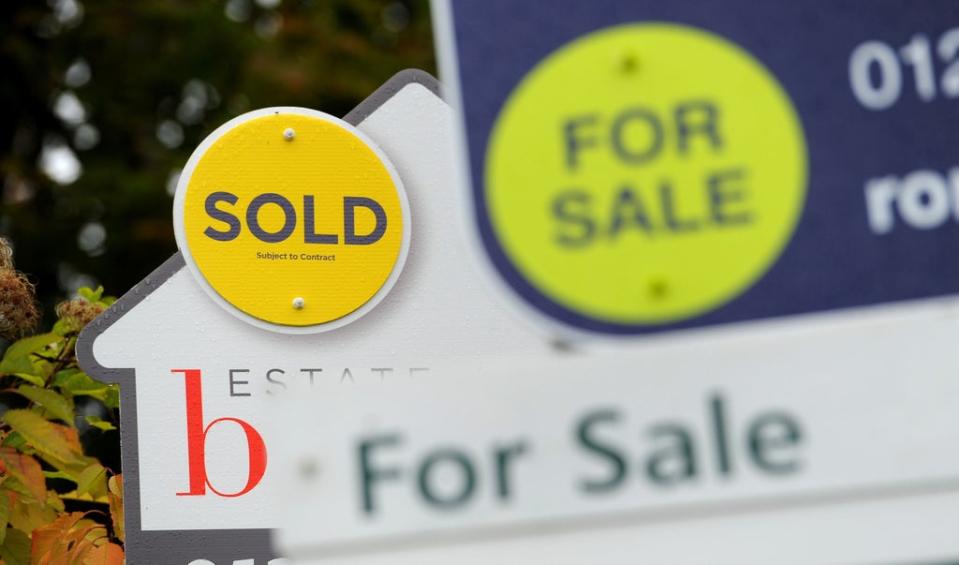UK house prices jump nearly £5,000 in August, despite stamp duty deadline

The average UK house price increased almost £5,000 in August despite a stamp duty holiday beginning to taper off.
Nationwide recorded a “surprising” 2.1 per cent rise in sold prices, taking the average up £4,628 to £248,857. The monthly increase was the second biggest in the past 15 years, surpassed only by a 2.3 per cent increase recorded in April.
Prices rose 11 per cent in the year to August, far outstripping the cost savings that buyers have gained from changes to stamp duty. Property prices are 13 per cent higher than they were before the pandemic, with some areas seeing much larger gains.
A trend for people to look for more space in rural and suburban areas has also helped to boost the housing market.
Robert Gardner, Nationwide’s chief economist, said August’s bounce-back was surprising and may have been boosted by continued strong demand for properties priced between £125,000 and £250,000.
In England and Northern Ireland, the “nil rate” band was reduced from £500,000 to £250,000 from July and will fall again to its pre-pandemic level of £125,000 on 1 October.
Mr Gardner continued: “Lack of supply is also likely to be a key factor behind August’s price increase, with estate agents reporting low numbers of properties on their books.”
Looking ahead, he said: “Underlying demand is likely to soften around the turn of the year if unemployment rises, as most analysts expect, when Government support schemes wind down.
“But even this is far from assured. The labour market has remained remarkably resilient to date and, even if it does weaken, there is scope for shifts in housing preferences as a result of the pandemic to continue to support activity for some time yet.”
Gabriella Dickens, a senior UK economist at Pantheon Macroeconomics, said: “Mortgage rates have fallen sharply in recent weeks and have room to fall further, while high levels of job vacancies suggest that the shake-out in employment in quarter four will be limited and reversed over the following quarters.
“Accordingly, we think that house prices will pick up again in 2022, finishing the year about 4% higher than at the end of 2021.”
Martin Beck, senior economic adviser to the EY Item Club, said: “Buyers lining up transactions and seeking to benefit from a lower tax bill before the October (stamp duty holiday) deadline may have supported demand and prices in August.
“Other factors also played a role in August’s rise in prices, and these are likely to persist for the foreseeable future.
“Consumer confidence has remained high and buyers have continued to benefit from ultra-low mortgage rates.”
Read More
Handshakes at job interviews could be made redundant
Beer shortages at Wetherspoon as Brexit and Covid hit supply chains
Shell plans to install 50,000 electric vehicle charging points by 2025
Sensex above 57,100 amid mixed trading in Asia, tech stocks help Wall Street
The future of cinema is premium
Investors scramble to calculate Hurricane Ida’s impact on US oil, gas

 Yahoo Finance
Yahoo Finance 